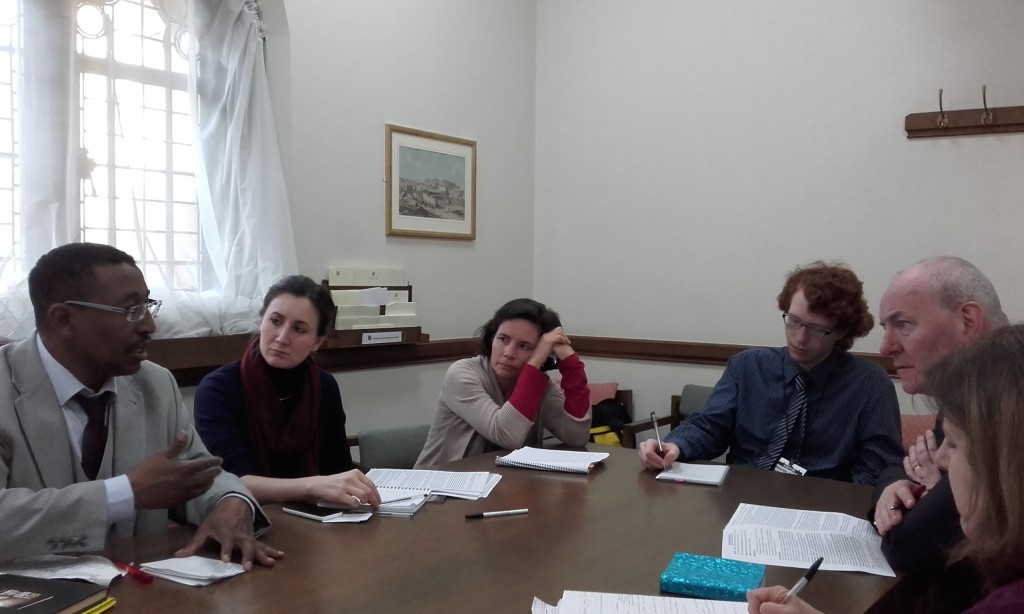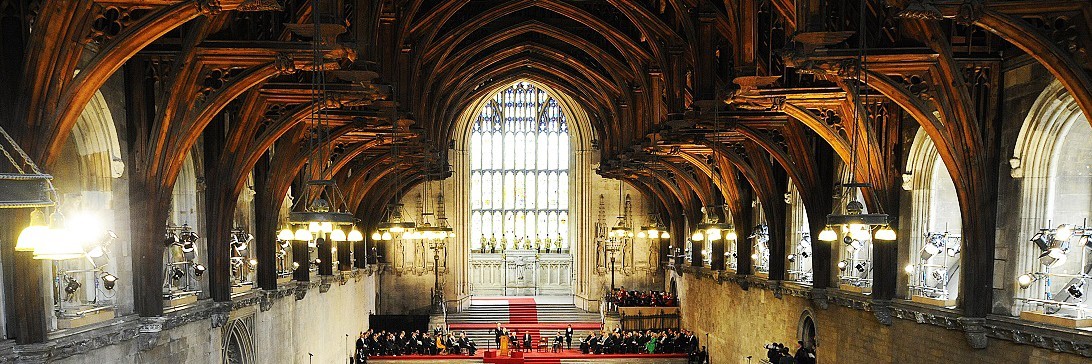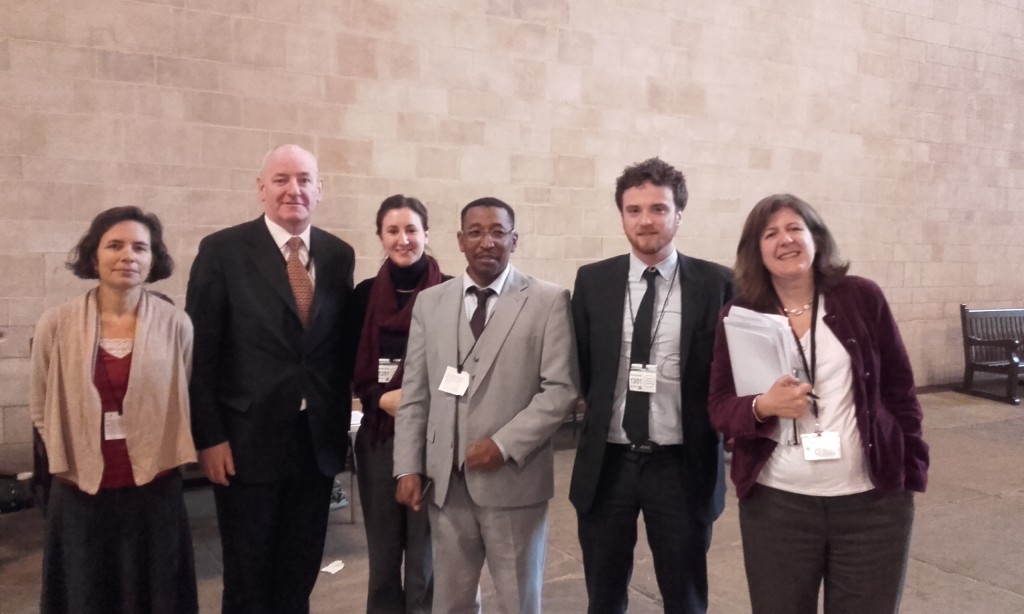The All-Party Parliamentary Human Rights Group (PHRG) met with two of the foremost experts on slavery in Mauritania, Abidine Merzough, European Coordinator of IRA-Mauritanie; and Sarah Mathewson, Africa Programme Coordinator of Anti-Slavery International.
We would like to thank Mark Durkan MP for chairing this meeting.
The main issues raised by the speakers were as follows:
- Mauritania has one of the highest rates of slavery in the world, with between 4 and 20% of the population living as slaves (although no official survey has been carried out), most of whom are women from the Haratin ethnic group.
- The Haratin make up the main ‘slave caste’ and are descended from black African ethnic groups. The White Moors, who form the majority of slave masters, are the ethnic elite in Mauritania and control the economy, government, military and police.
- Those who are held in slavery are treated as property by their masters, and often suffer from degrading treatment. They are not paid for the work they do, although they may be given food and shelter.
- People who are enslaved lack identity documents which often means that when they try to leave slavery, they struggle to access training, education and/or credit. They are left with a precarious status in the country.
- In the past 18 months, reprisals against anti-slavery activists have increased, resulting in the imprisonment of three activists in January 2015. One of the activists imprisoned is IRA-Mauritanie’s President Biram Abeid, 2013 UN Human Rights Prize Laureate and 2014 runner-up in the Mauritanian Presidential Elections.
- Slavery in Mauritania exists in almost total impunity. Only one case has led to conviction, and the perpetrator not only was handed a lower sentence than the legal minimum provided by the law, but was also released pending an appeal that has never taken place.
- The 2007 Slavery Act which made slavery illegal has not had any major positive impact. NGO reports have demonstrated a total failure of the criminal justice system in implementing and enforcing the law.
- Mohamed Ould Abdel Aziz, the President of Mauritania, has publicly denied the widespread existence of slavery and suggested that, where exploitation exists, it is because people choose to remain slaves.
- The UK Government is encouraged to publically pressure the Mauritanian Government to adhere to its international legal commitments and take proper steps to eradicate slavery. It should also ask that Biram Abeid be released immediately.
- Much more support for those leaving slavery is needed, so the UK Government is encouraged to provide funding for NGOs working on the issue.
The PHRG will follow up by raising greater awareness about the issue in Parliament and with other relevant interlocutors. We will also continue to follow the activists’ cases.



